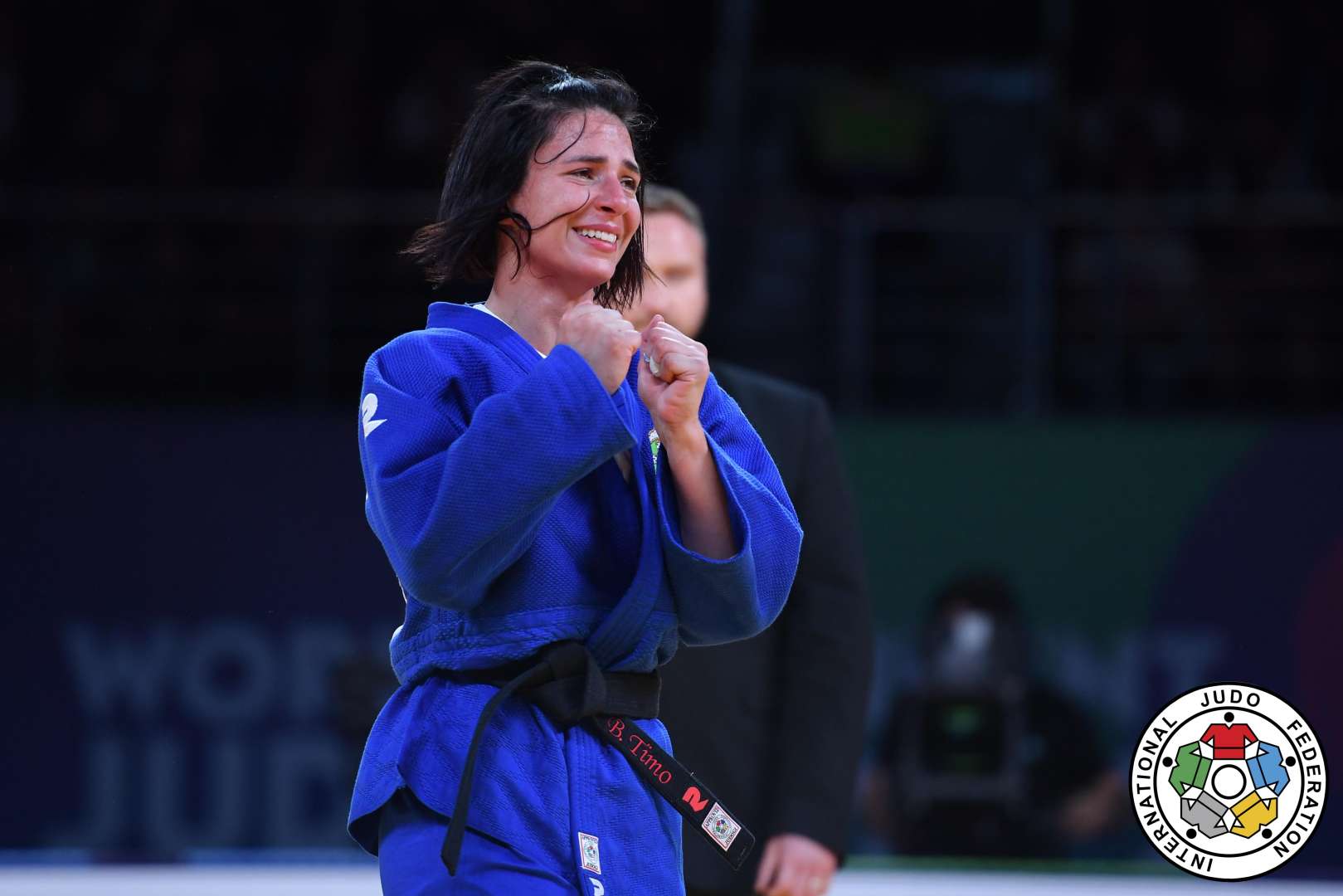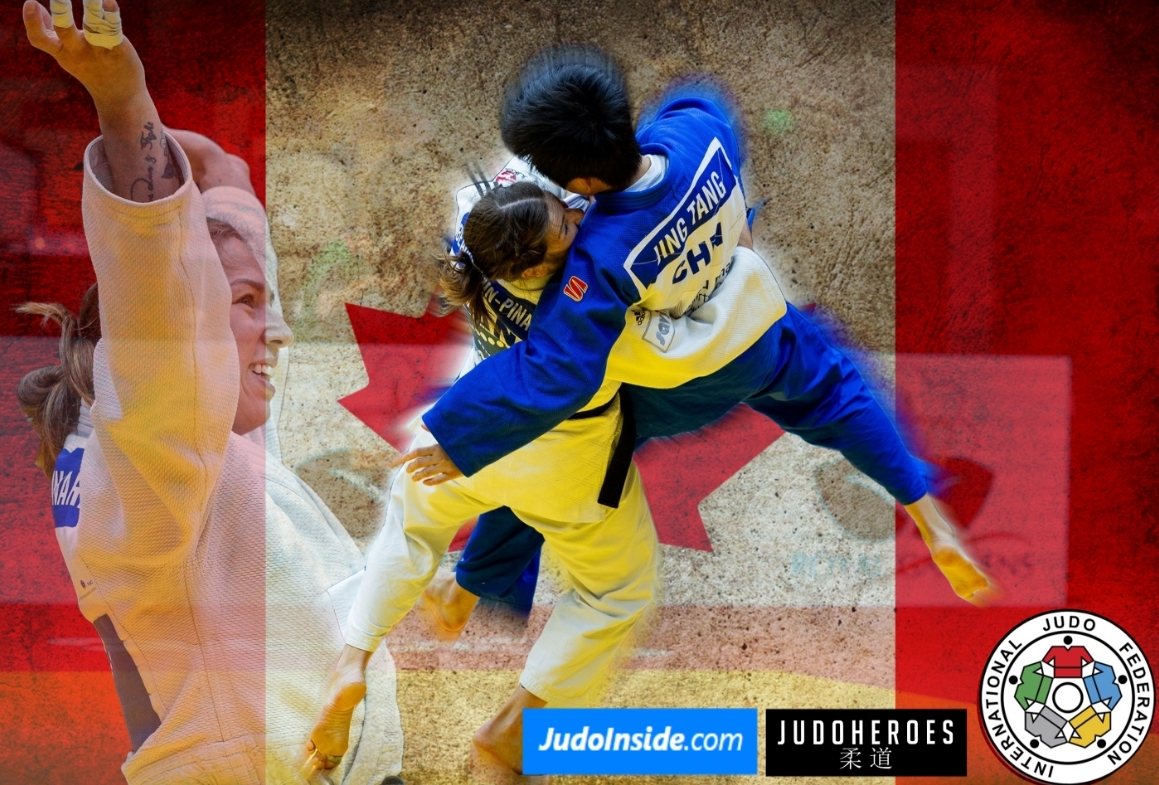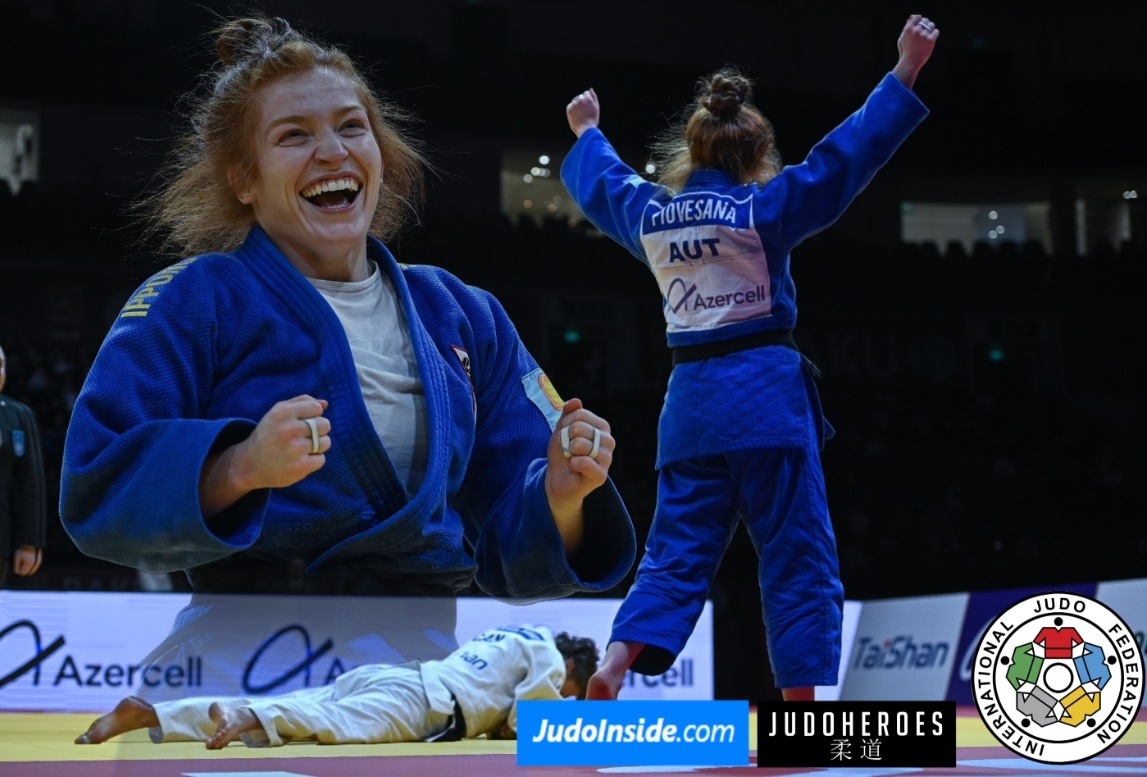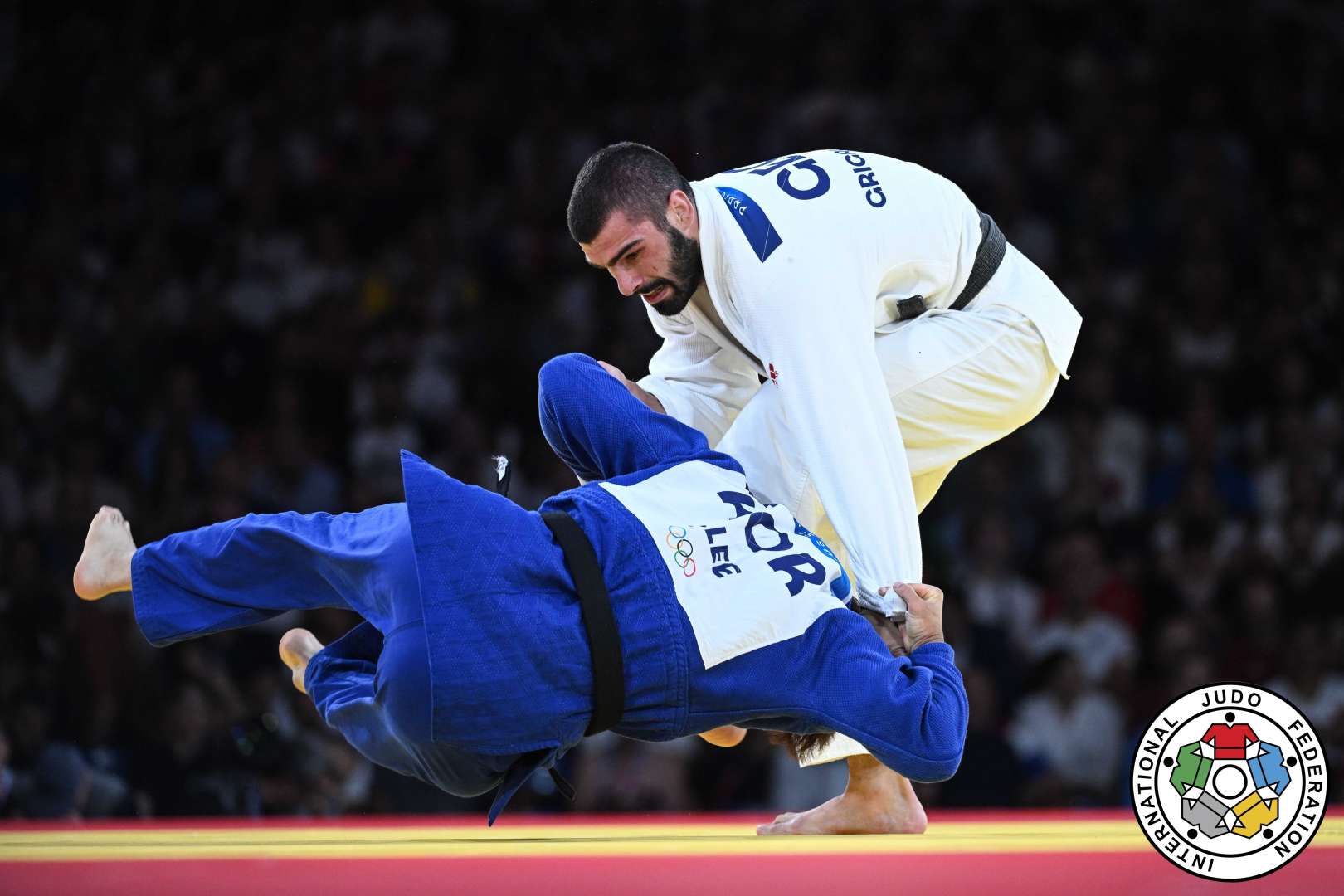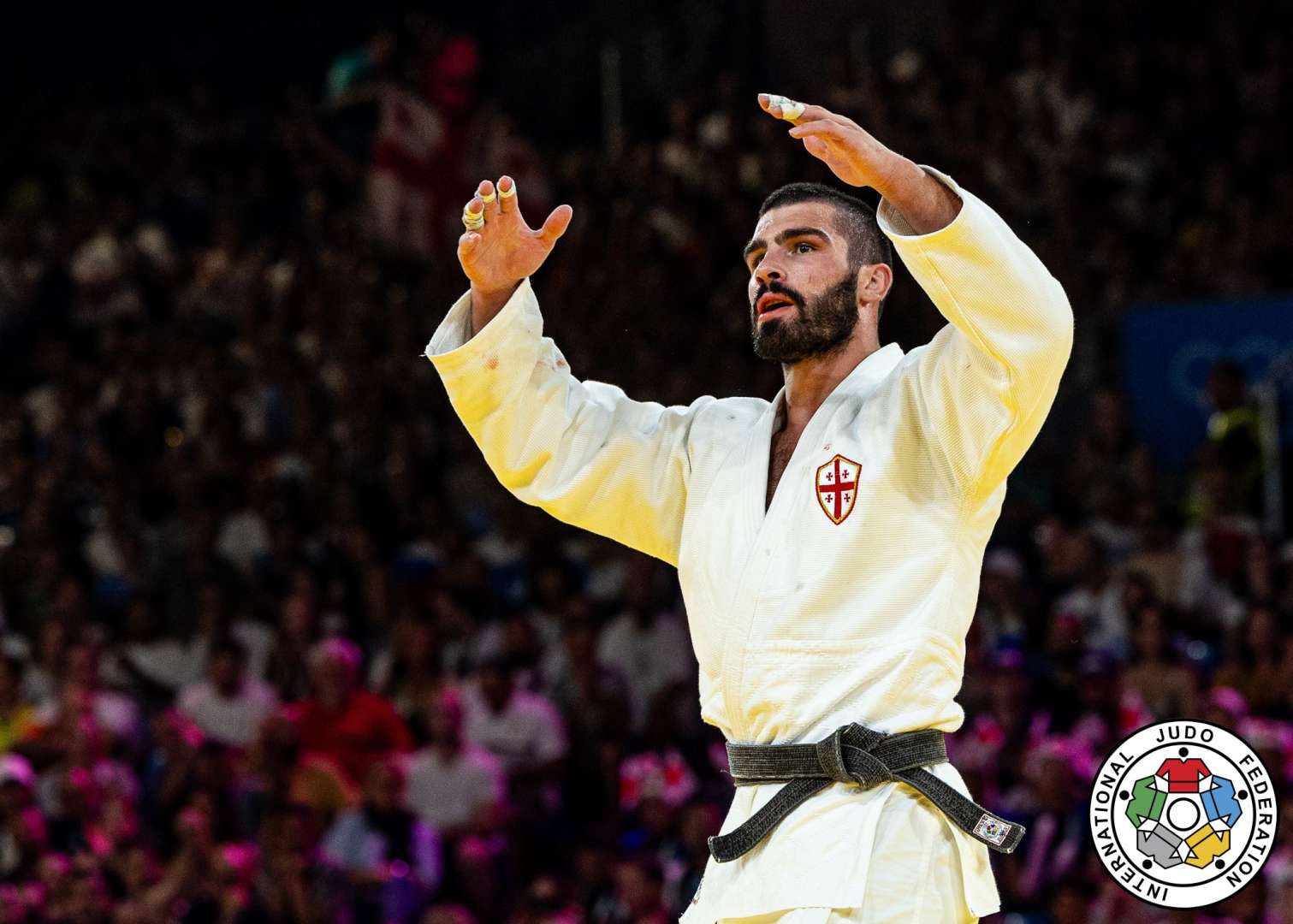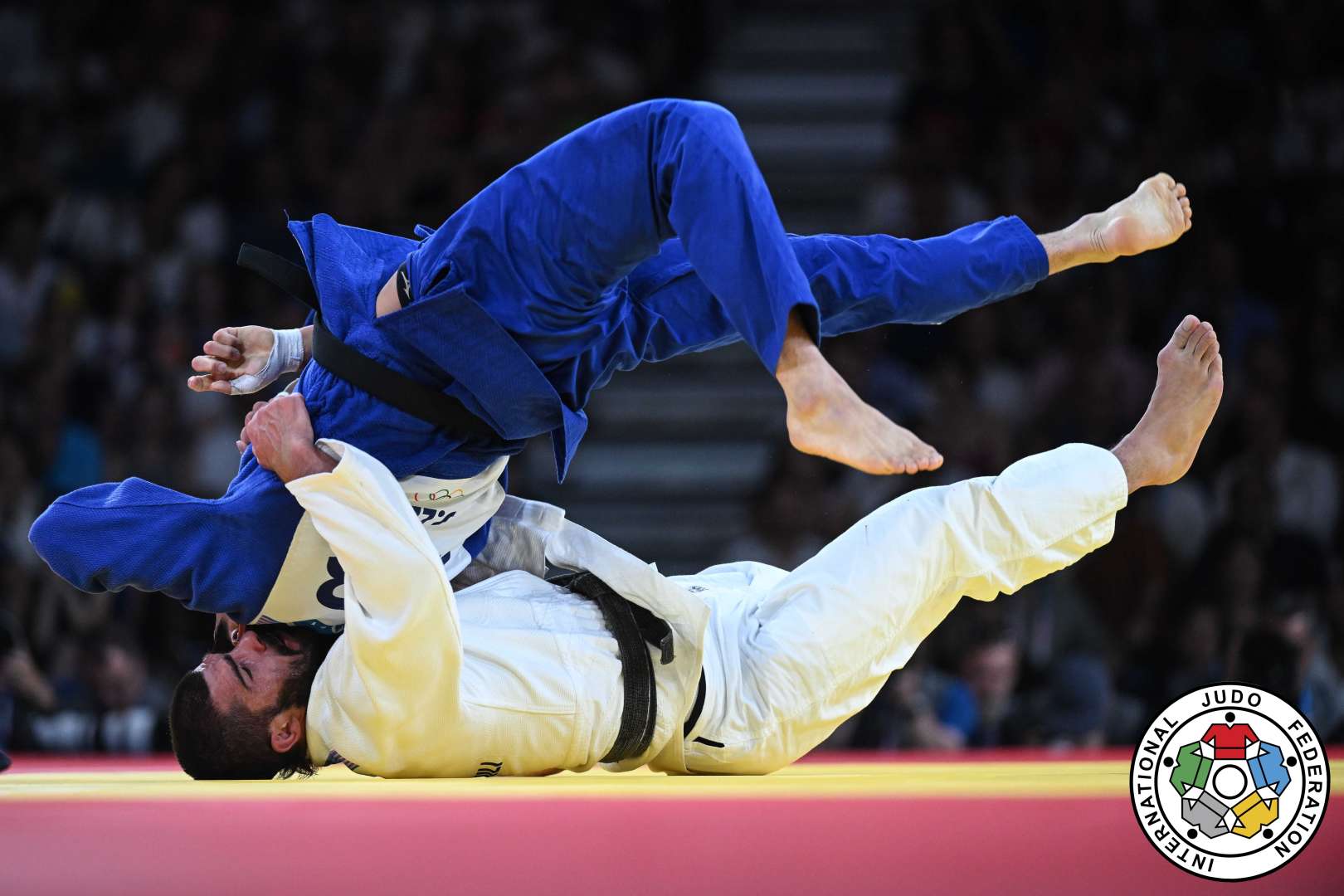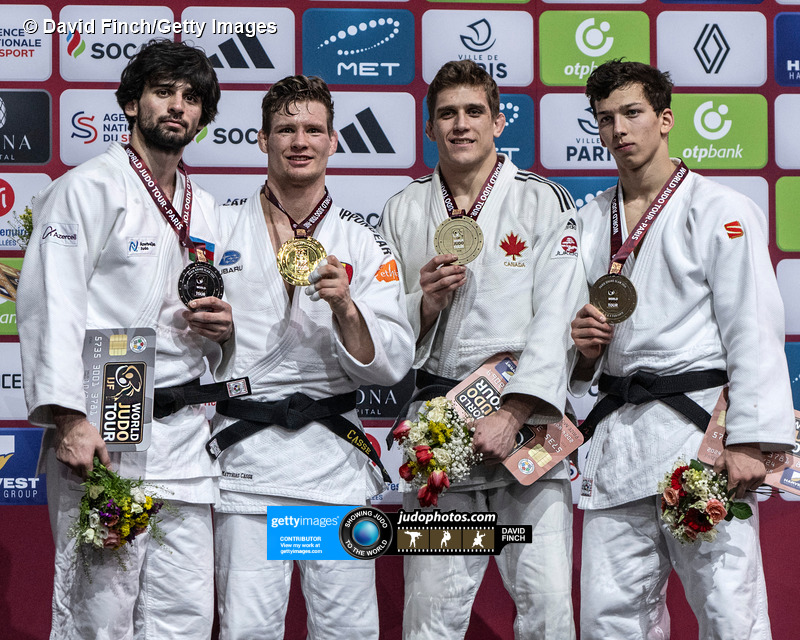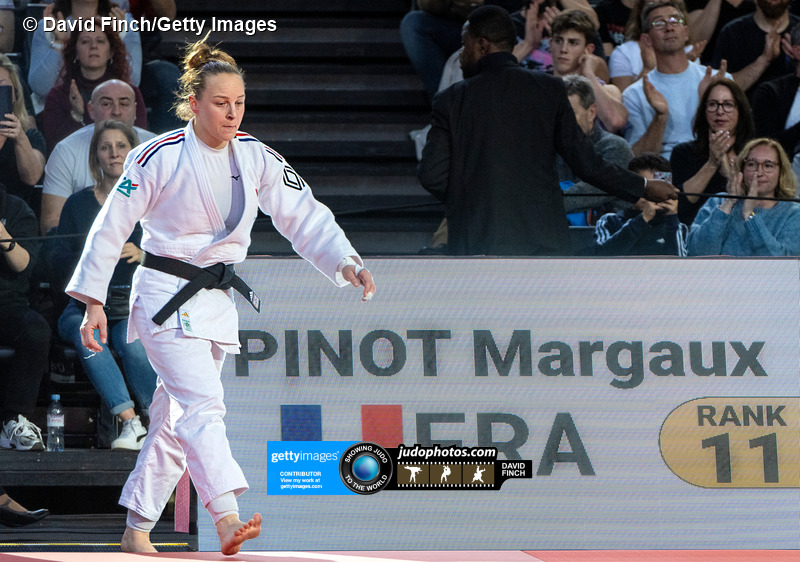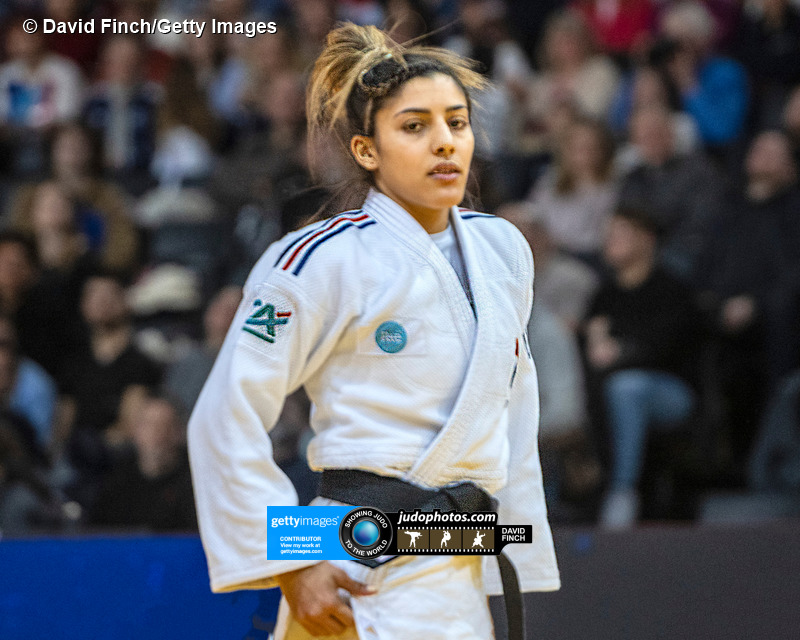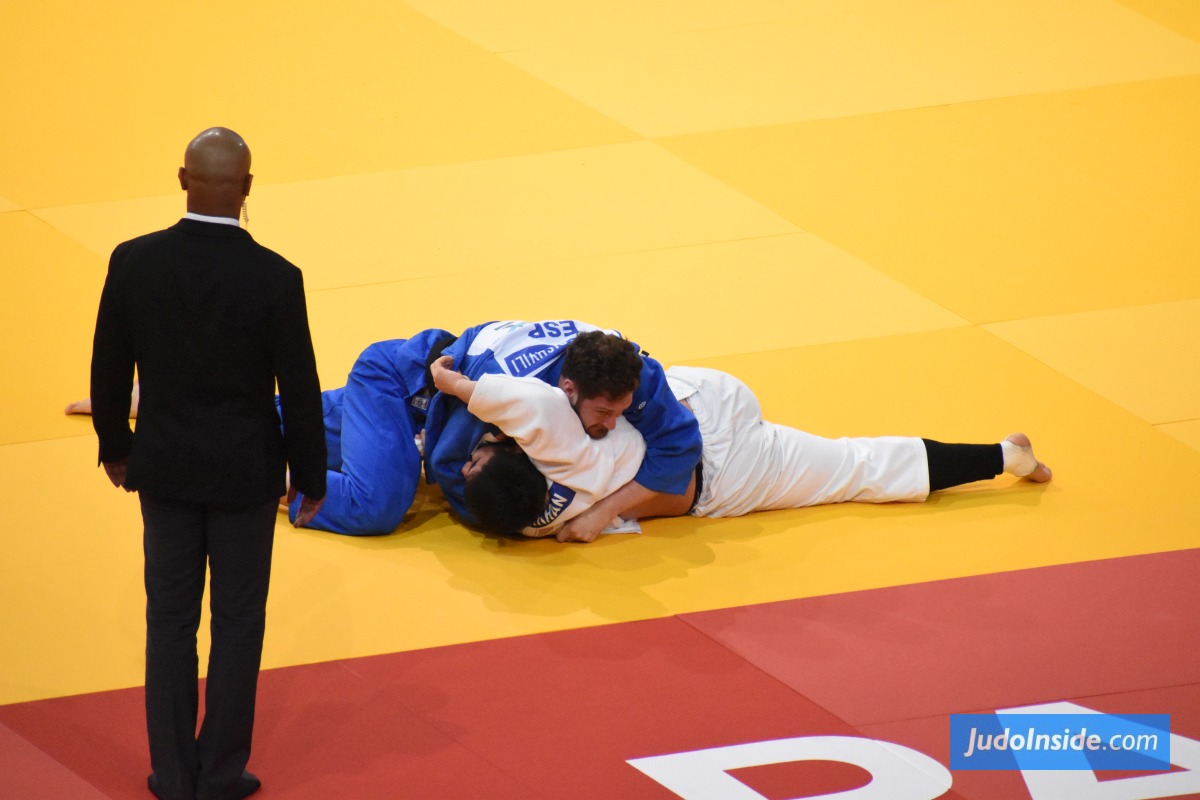Late bloomer Megumi Horikawa grabs gold U63kg

 9 Oct 2022 23:30
9 Oct 2022 23:30
 IJF Media team by Pedro Lasuen and JudoInside
IJF Media team by Pedro Lasuen and JudoInside
 JudoInside.com - Hans van Essen / judo news, results and photos
JudoInside.com - Hans van Essen / judo news, results and photos
Megumi Horikawa broke on to the World Judo Tour ten years ago winning the Grand Slam of Tokyo in the same weight U63kg but she hasn't been talked about again until this year, with two grand slam victories. Under the name Megumi Tsugane, Horikawa won the U63kg gold at the 2012 Tokyo Grand Slam at the age of 17. This was no small feat as that competition featured Brazil’s Rafaela Silva (BRA), who was then toying with the -63kg division, as well as Agbegnenou and Gerbi. It is what is called a slow combustion but it has been worth it because in Tashkent she was by far the most complete, the strongest, the best.
The same can be said of Catherine Beauchemin-Pinard, who won every round without flinching, without hesitation and who put up a tough fight in the final but one second from the bell, the Japanese showed what it means to be a champion and scored a dream ippon. The elite are like that, you can never lower your guard, doing so can cost you a world title.
Lucy Renshall had a good group in which to attempt the assault on the top. That plan worked until the quarter-finals where the British was stopped cold by the Japanese Megumi Horikawa, who was also looking for her moment of glory, like Portuguese Barbara Timo. Horikawa eliminated both of them, one after the other and entered the final.
France was represented in the semi finals by Manon Deketer but she lost to Canadian Catherine Beauchemin-Pinard. After Klimkait and Deguchi's shipwreck the day before, Beauchemin-Pinard offered Canada a first final. As for Horikawa, because Japan plays in another league, it was the chance to add a fifth gold to their Tashkent collection.
After her early success in Japan Horikawa she failed to win another IJF World Tour gold medal for the next 10 years. Horikawa finally broke through again this year at the Tel Aviv Grand Slam where she won gold. She followed that up with another gold medal at the Hungary Grand Slam, as if to prove the Tel Aviv gold was no fluke.
Bronze for Manon Deketer
Deketer, in her first world championship and representing the French delegation, Agbegnenou's team, had the consolation of bronze but before celebrating it she had to get rid of the Polish Angelika Szymanska. The good thing about Deketer is that she didn't have to wait long to learn the importance of such a tournament and she was unimpressed by the atmosphere. She went for the bronze in the best possible way, which is by scoring, in this case a waza-ari that threw the Pole off centre. It was amazing to watch the maturity of this youngster, how she controlled the pace and nullified all of Szymankas's offences. In reality, she looked like a veteran, who added a second medal for France after Amandine Buchard's bronze at U52kg.
Bronze for Barbara Timo
Barbara Timo also wanted a bronze, like Romanian Florentina Ivanescu. If they both looked at the previous match, then they understood that the best way to win is to walk forward, never backward. With her silver medal obtained three years ago, Timo presented a better resumé and entered the tatami as if she were the favourite. The Portuguese collected a waza-ri and a second shido against the Romanian. In other words, she had the wind behind her and only an unexpected disaster or Ivanescu's brutal resurgence could separate her from the medal. It was a resurgence that did not occur because Ivanescu was never up to Timo’s level. It’s a second world medal for her and the first for Portugal in Tashkent.
 like
like
 share
share
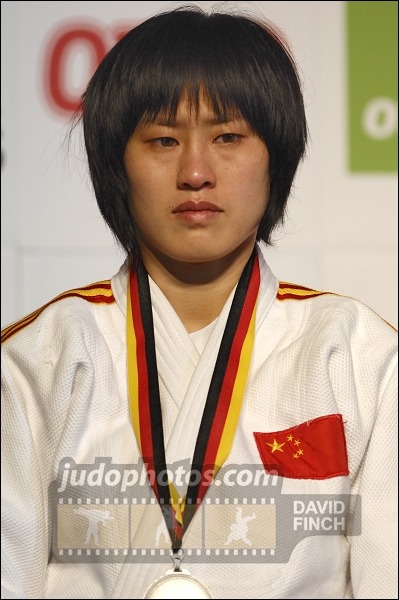
| Result | City | Date |
|---|---|---|
| 2 | Paris | 2024 |
| 1 | Abu Dhabi | 2024 |
| 1 | Zagreb | 2024 |
| 3 | Belgrade | 2023 |
| 2 | Montpellier | 2023 |


